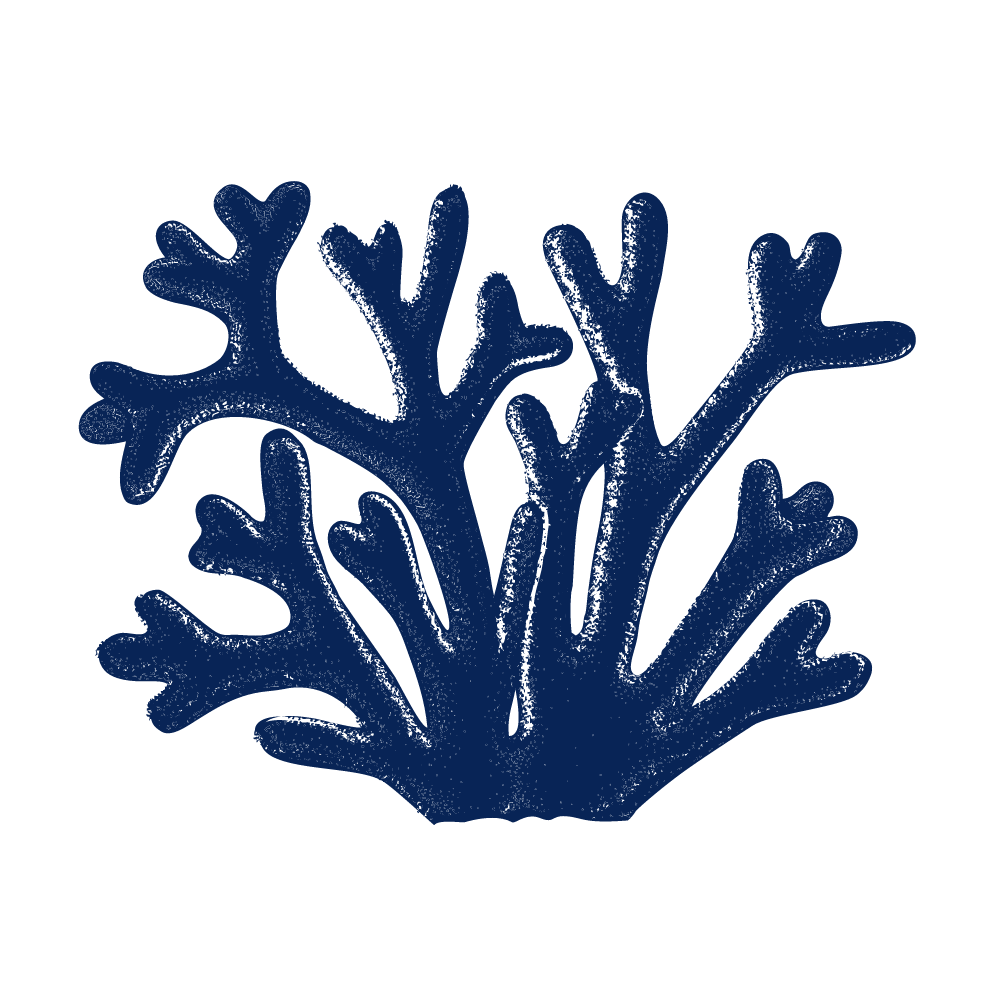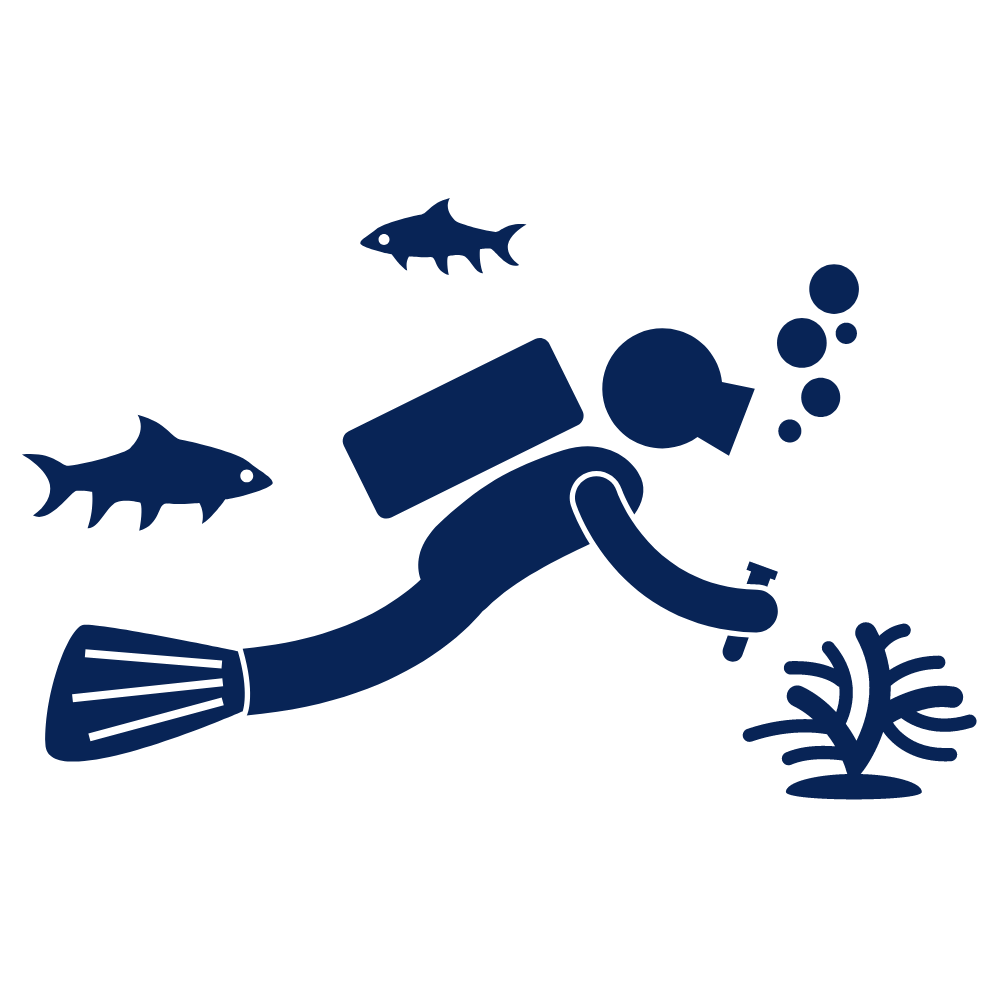Posted by Kasey | 01.10.2020 | Conservation, Marine Science, Sea Turtle Camp, Sea Turtle Camp News, Turtle Talk
A Sea Turtle’s New Year’s Resolution List for Humans
As you reevaluate your commitments and resolve to foster new habits this year, here at Sea Turtle Camp, we would like you to consider some of the habits that you can change to help protect our oceans and the plants and animals that make it their home! Here is a list of just some of the many resolutions you can make in 2020 to help our planet!
1.Refuse single-use plastics and instead use reusable bags, water bottles, and drinking straws. Every piece of plastic that makes its way into the ocean can harm or kill a sea turtle. Plastic bags look very similar to jellyfish and drinking straws often look like tasty seaweed.
 2. Strive to make sure every single piece of trash is removed from the sea. Whether this is done by bringing a trash bag along on your long walks on the beach, or participating in large-scale beach clean-ups with organizations like The Ocean Conservancy, You can be a part of the solution by picking up the trash on the beach or roads BEFORE it makes it into the water.
2. Strive to make sure every single piece of trash is removed from the sea. Whether this is done by bringing a trash bag along on your long walks on the beach, or participating in large-scale beach clean-ups with organizations like The Ocean Conservancy, You can be a part of the solution by picking up the trash on the beach or roads BEFORE it makes it into the water.
3. Reduce the amount of meat that you eat. Rising ocean temperatures and ocean acidification are two of the biggest threats to our ocean. Both are caused by the rise of man-made greenhouse gases in our atmosphere. Livestock production is believed to be responsible for at least 14% of the world’s greenhouse gas emissions. Although it can be difficult to go from a life with cheeseburgers to a life of kale and beans, you can make a small movement to reduce the amount of meat you eat. Meatless Mondays are a great start!
4. Cut up monofilament fishing line, string, plastic six-pack rings, and rope before discarding. Never let balloons drift off, they always find their way to the sea. These items can entangle or be eaten by marine animals!
5. Always clean up after your dog. It’s not only gross to step in, but when owners neglect to pick up after their animals, pet waste can wash into storm drains by rain. That waste then pollutes our waterways, spreading harmful diseases through bacteria and parasites, killing fish and other aquatic life. This sometimes even forces beaches to close.


 Marine Bio
Marine Bio SCUBA
SCUBA Travel
Travel School Groups
School Groups Sign Up
Sign Up CONTACT
CONTACT CAMPS
CAMPS ABOUT
ABOUT